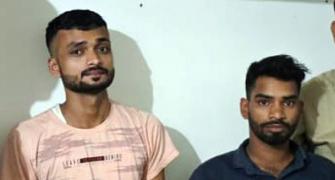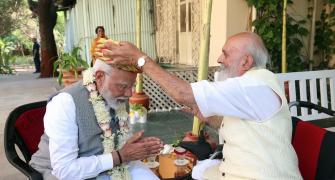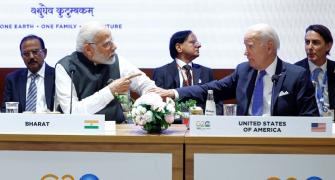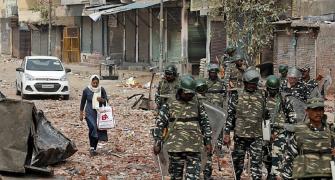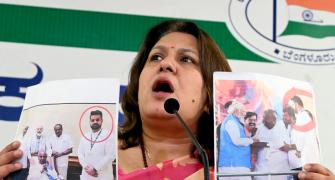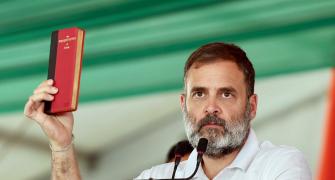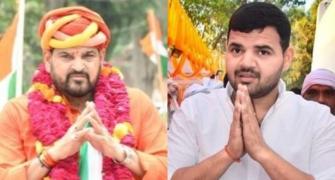Iranian President Mahmoud Ahmadinejad has criticised the 'ineptitude' of the United Nations for what he called its unjust structure and urged member states that the veto power of the Security Council's five permanent members be abolished.
"Major power is monopolised in the Security Council due to the veto privilege, and the main pillar of the organisation, namely the General Assembly, is marginalised," Ahmadinejad said.
Speaking at the General Assembly's annual high-level segment, he said that at least one of the five permanent members of the Council has been party to disputes in recent decades.
"The veto advantage grants impunity to aggression and occupation. How could, therefore, one expect competence while both the judge and the prosecutor are a party to the dispute," the Iranian President asked.
The structure of the UN, he stressed, must be reformed so that all nations can take an active and constructive part in global governance.
Decisions on substantive matters in the Council require the vote of nine of the body's 15 members, including the concurring votes of the permanent members: China, France, Russia, the United Kingdom and the United States.
The President said that the Assembly must be the highest body of the UN, approving all of the activities of the Secretary-General, who he said must be the 'most independent' official.
"The Secretary-General should not come under pressure from powers and/or the country hosting the organisation for his stating the truth and administration of justice."
The President also spoke about the situation in the Middle East and the importance of nuclear energy during his address to the Assembly.
In addition, he said that questions remained over the September 11, 2001 terrorist attacks in the United States, and in particular over exactly who was responsible for the attacks.'
"All of a sudden, the news of the attack on the twin towers (in New York on September 11) was broadcast using numerous footage of the incident. Almost all governments and known figures strongly condemned this incident. But then a propaganda machine came into full force; it was implied that the whole world was exposed to a huge danger, namely terrorism, and that the only way to save the world would be to deploy forces into Afghanistan."
"Eventually Afghanistan, and shortly thereafter Iraq were occupied," he said.
Ahmadinejad said that Iran would host a conference next year to study both terrorism and the means to confront the problem.

